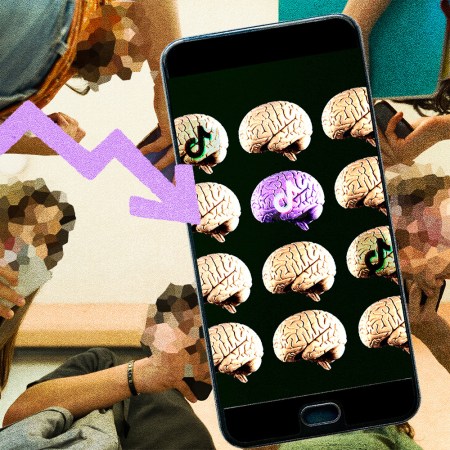How does technology change the way we use language? Think about the ways that phrases like “LOL” or “NSFW” have entered into widespread use even outside of an online context. Sometimes, that’s a two-way street; a 2019 study noted that, when Twitter increased its character limit from 140 to 280, it had a substantial effect on the way many people used language — including abbreviations — on the platform.
With TikTok having a growing user base, it’s not surprising to see that the service is also making an impact on the way its users utilize language. A recent New York Times article by Melina Delkic explores the rise of “algospeak” — essentially, peculiar phrasings or spellings designed to evade an algorithm that might otherwise mistakenly flag a post or a user account.
Some of them, such as spelling “sex” as “seggs,” are relatively easy to understand. (It also made an appearance in a 2021 SNL sketch parodying TikTok.) Others, Delkic explains, are more complex — for instance, referring to LGBTQ+ as “leg booty.”
The article leaves one big question unanswered — namely, whether these changes will gain traction in the world outside of TikTok. That’s something that won’t be clear for years to come, most likely — but given that Cockney rhyming slang has endured since the 19th century, it wouldn’t be shocking to see some of these terms withstand the test of time as well.
Thanks for reading InsideHook. Sign up for our daily newsletter and be in the know.


















